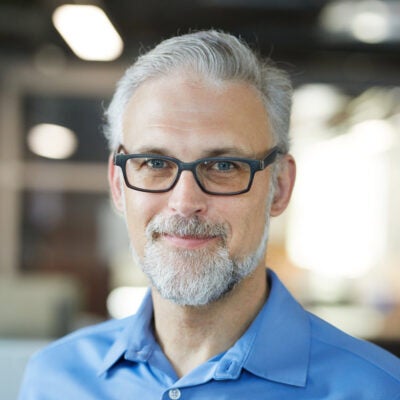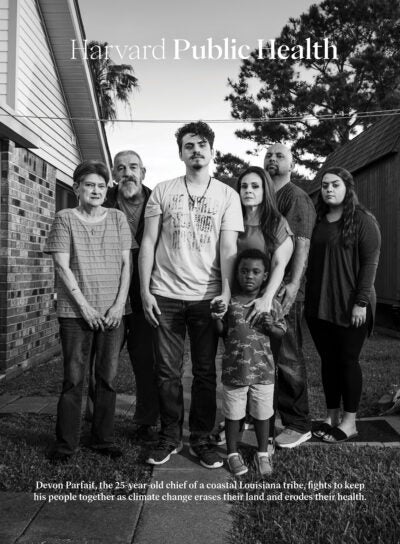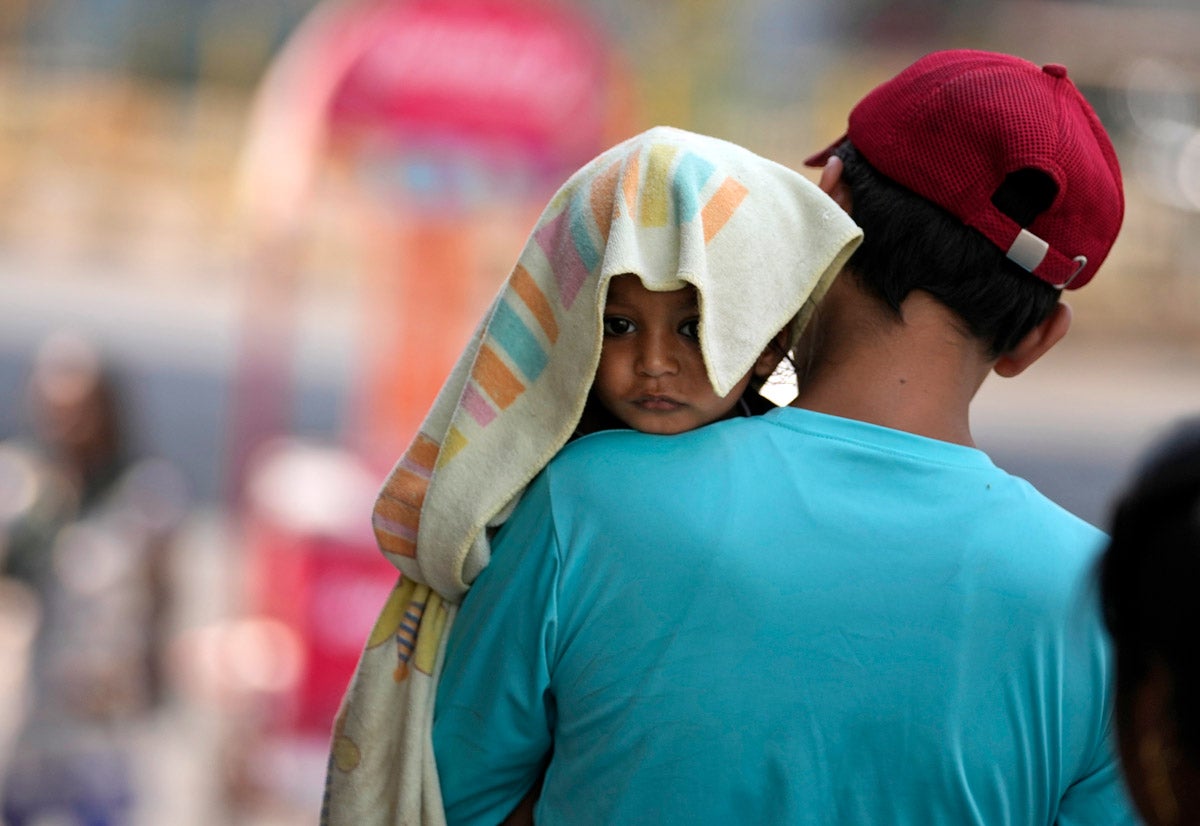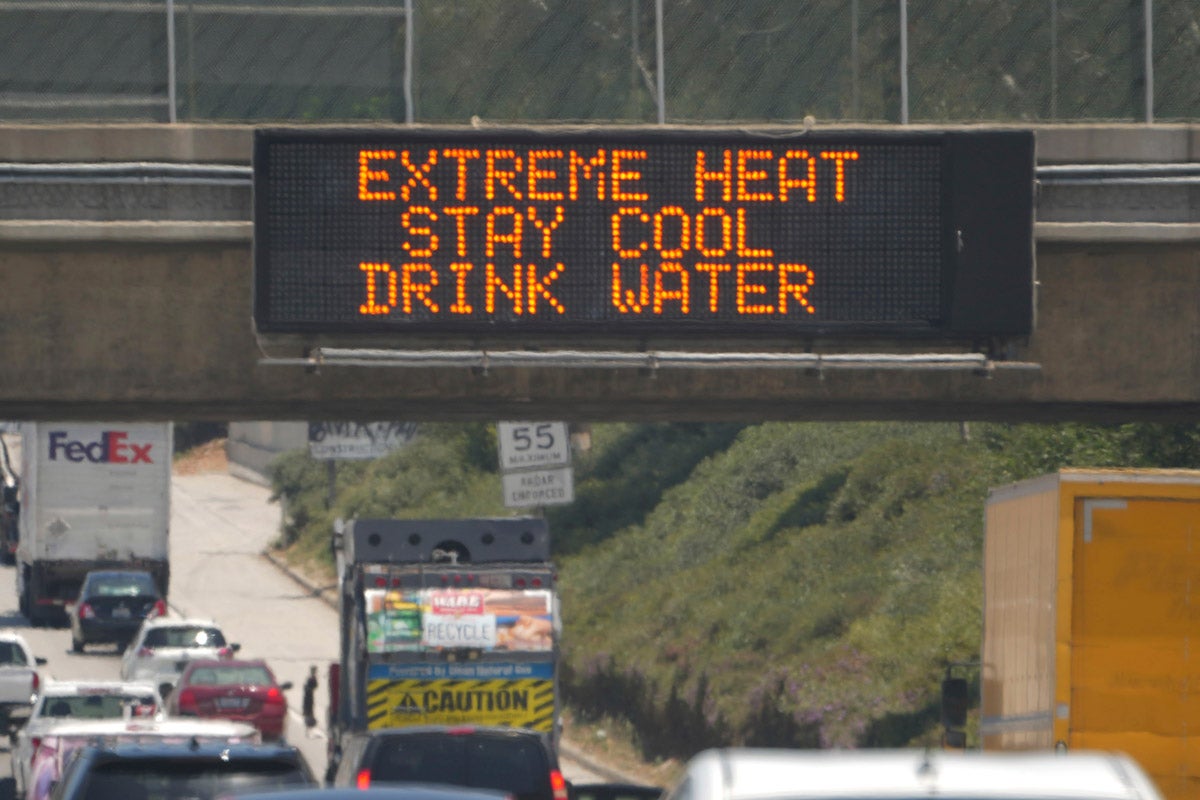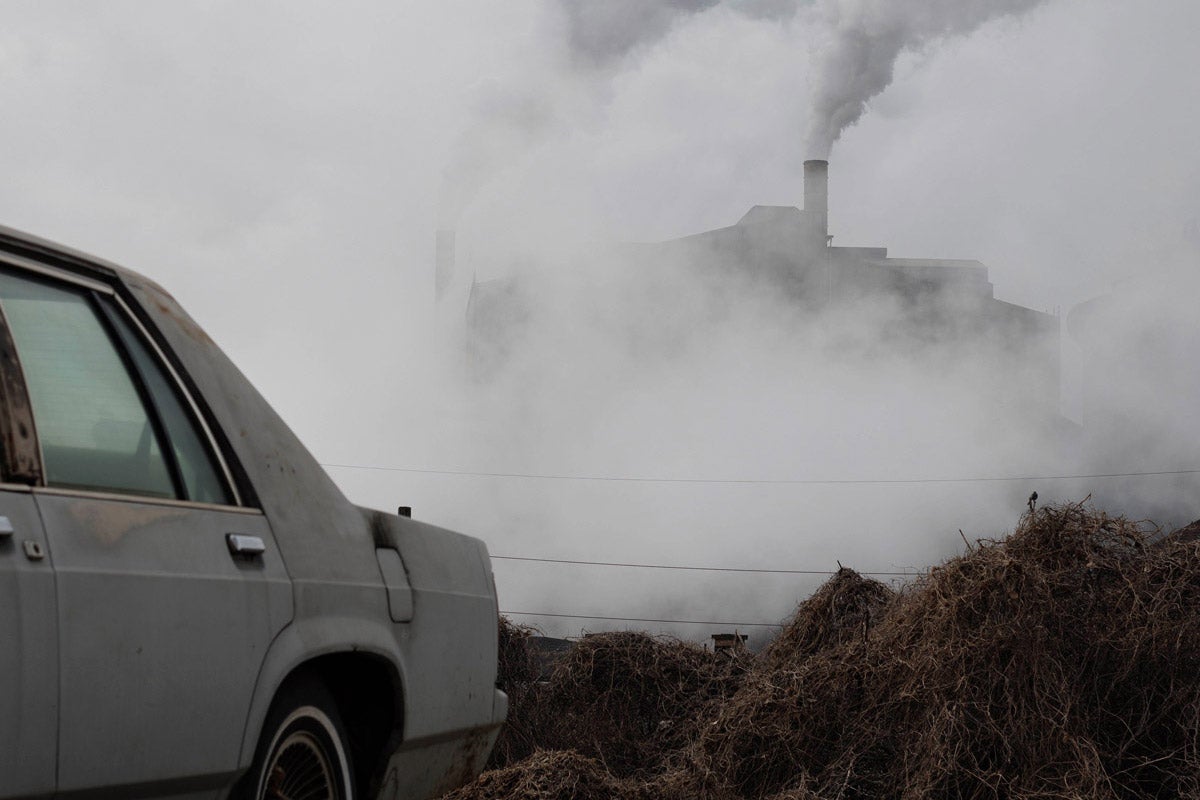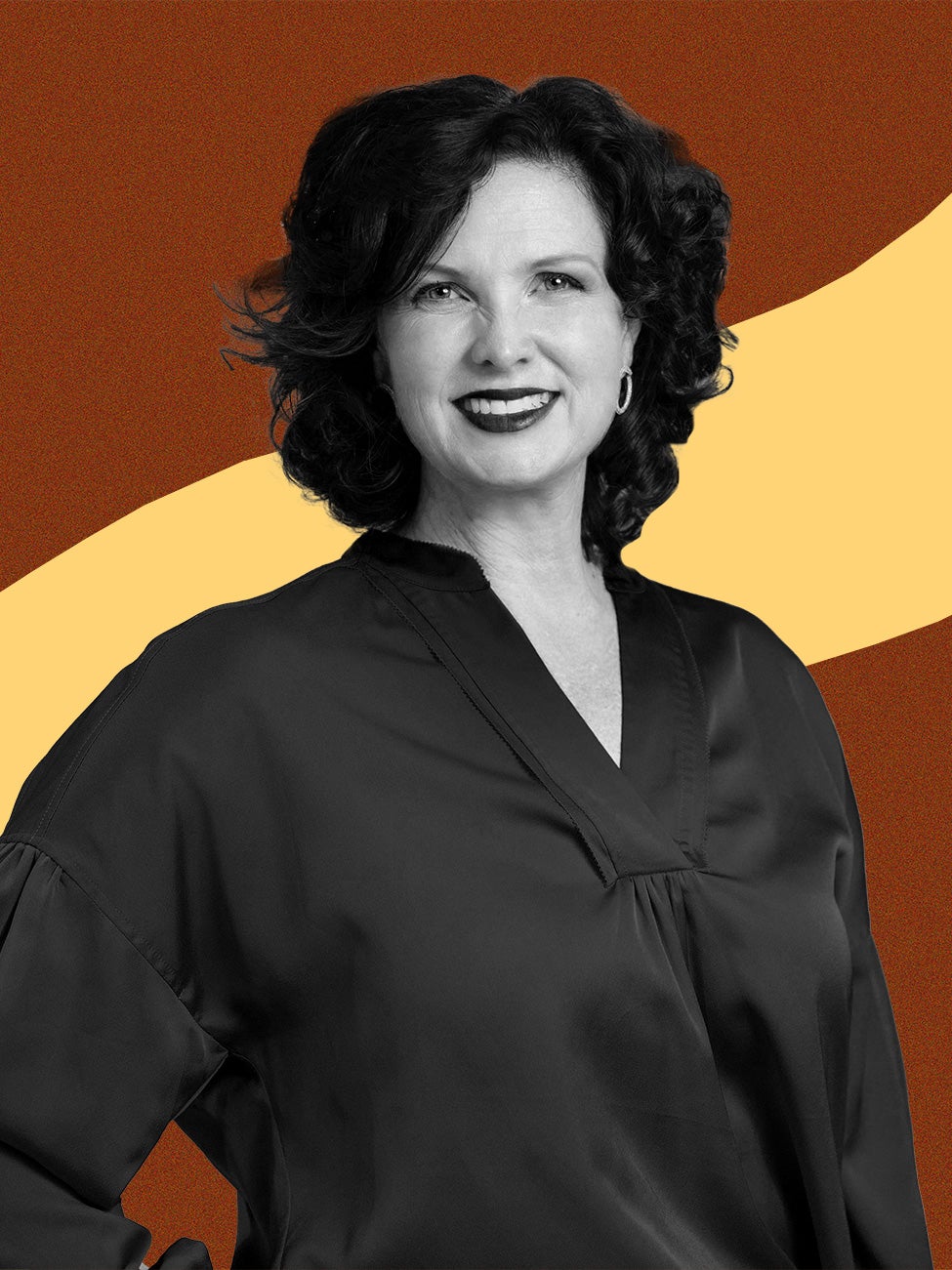
People
Climate change puts chief heat officers in the hot seat
Extreme heat has been a front-burner item for the Adrienne Arsht-Rockefeller Foundation Resilience Center pretty much since Kathy Baughman McLeod became its director in February 2019. The Center has developed a Heat Action Platform and advocated for naming heat waves (Seville, Spain named the first, “Zoe,” in August 2022). Its best-known step is probably creating a new job: the chief heat officer. It framed the concept and has helped match CHO candidates with cities, in some cases contributing funds for the position. Baughman McLeod, a climate risk management leader previously at Bank of America and at The Nature Conservancy, spoke with Harvard Public Health editor-in-chief Michael Fitzgerald.
Sign up for Harvard Public Health
Delivered to your inbox weekly.
The second anniversary of appointing the first chief heat officer [Jane Gilbert in Miami] just passed. What did you hope to achieve with this position?
There’s no governance for heat. In the U.S. we have FEMA for flood and state fire services like Cal Fire. Awareness is so important, and response, so we thought, ‘Let’s give heat identity and leadership. Let’s have somebody visible, influential, and dedicated to addressing the issues.’
You were looking to create both policy and practice changes with this concept.
Absolutely! It’s been better than we could have imagined. The CHO position has been phenomenal in helping people understand what the issue is and what you do about it. They’re delivering actual things in their communities, like in Freetown [Sierra Leone] where in five months the city has built shade structures with solar lights in three markets. And Miami-Dade Mayor Daniella Levine Cava announced an actual heat season that parallels the hurricane season.
“The chief heat officer position has been phenomenal in helping people understand what the issue is.”
Kathy Baughman McLeod, director, Adrienne Arsht-Rockefeller Foundation Resilience Center
When picking chief heat officers, where does public health fit into your calculus?
Heat is killing more people than any other climate-driven hazard. It also affects worker productivity and causes economic loss to workers because their health is affected by extreme heat. The baseline analysis we did was extreme heat costs $100 billion to the U.S. economy. In New Delhi, for workers who work outside, a quarter of their income is lost because of extreme heat.
Chief heat officers have all been women so far. Why is that?
It started out as a coincidence. Then we realized it was another visible symbol of leadership on heat and for addressing heat. Women are disproportionately affected by heat, and are 14 times more likely to die in disaster. Eighty percent of climate refugees are women. Women put 90 percent of their earnings back into the community. We saw it as an opportunity to exhibit women’s leadership and address an issue that’s so disproportionately impacting them.
What’s next?
We just announced our first chief heat officer in Asia, in Dhaka, Bangladesh. Athens, Greece will soon name a new CHO [its first, Eleni Myrivili, is now the CHO at the United Nations]. I think we’re going to see some national chief heat officers. We need better quantitative understanding of the issue. I mean, it’s not like you come into an emergency room, and somebody asks, ‘Is this a heat-related illness?’ So we’re using excess death mortality data to try to figure it out, and that’s the best we’ve got. There’s a ton of room for us to improve. The CHO is a new idea. Our understanding of this issue of heat is in its infancy.
This interview was edited and condensed.
Source photo courtesy of Adrienne Arsht-Rockefeller Foundation Resilience Center
